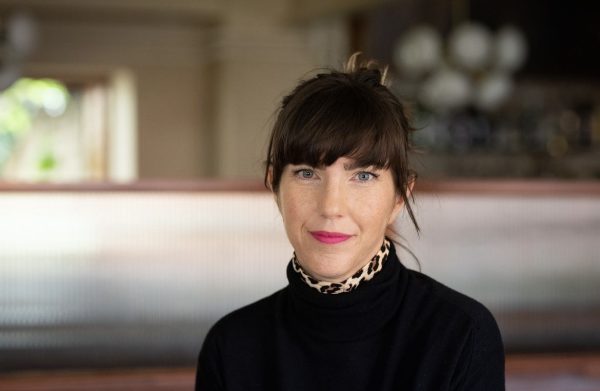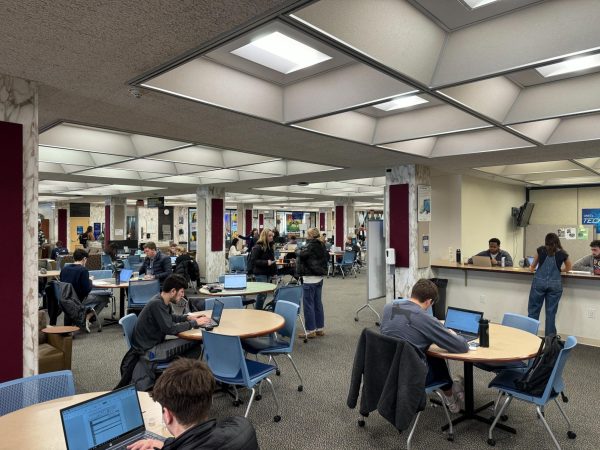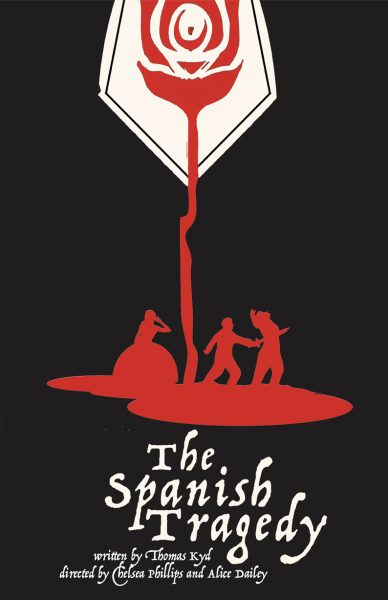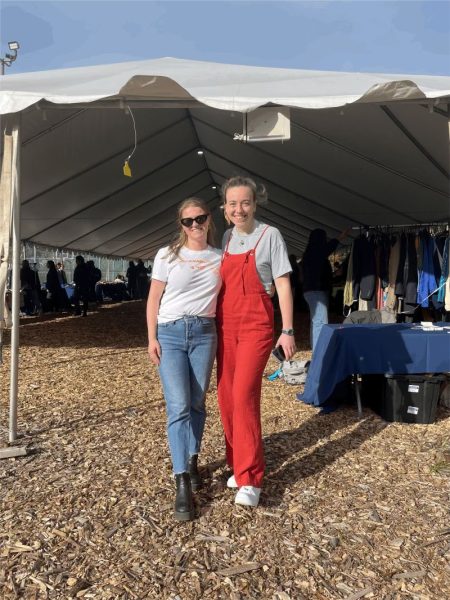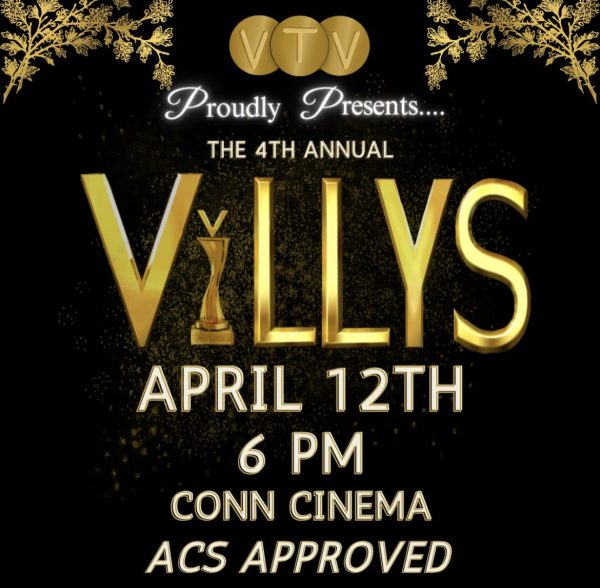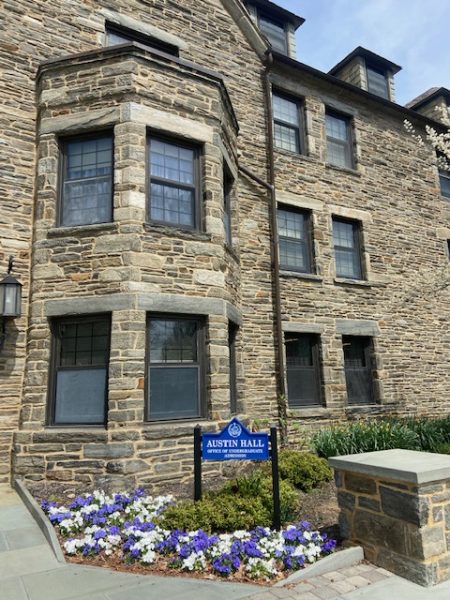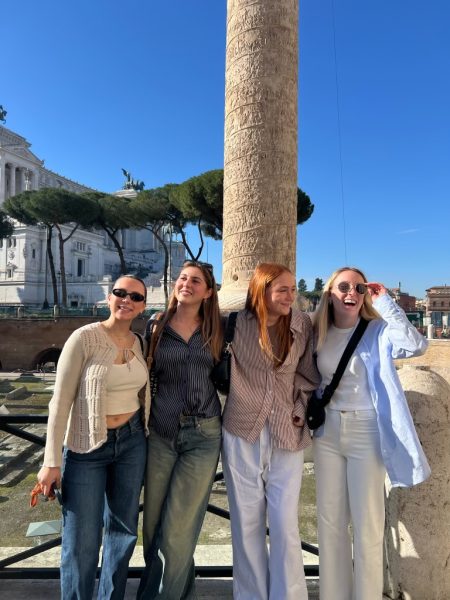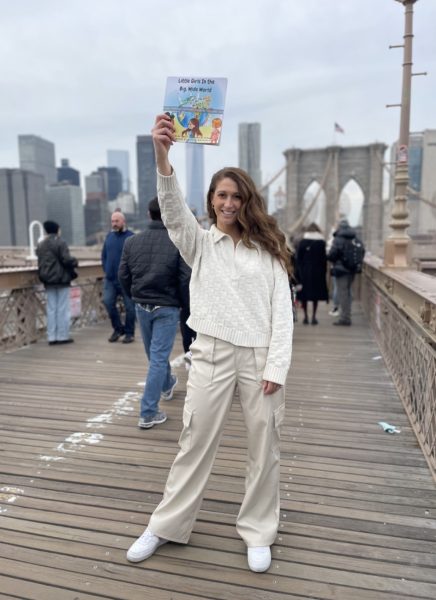When did you become aware of your race on campus?
October 26, 2016
The beginning of all of my classes start with anxiously waiting for my professor to read down the attendance list and hesitate at my Korean name. More often than not, my teachers and professors have always found difficulty in trying to pronounce my rather phonetically-simple name, so I have resorted to always saying, “You can call me Ana,” to make all of our lives easier and lessen my embarrassment for being different, for being Asian. When I walk into a classroom, it is almost a given that I would be the only Asian in the class, and it usually discourages me from sharing my insight because I want to prevent the tokenization of the Asian body. Every time I speak, I do not stand for the experiences of any other Asian American but my own, yet it is difficult for others to understand.
It also becomes difficult when my Asian identity becomes questioned. If I do not understand a concept in class, I get the comment, “but you’re Asian,” and if I do understand a concept, it is “because I am Asian.” I feel stripped of my individual identity because my intellect is trivialized down to my socially-constructed racial stereotype, solely associated with my skin color and assumed ethnicity. I cannot help but feel “othered” and feel detached from the community that Villanova proudly claims to foster. Due to this othering, I have noticed Asian American communities shy away from discussions about racial difference and acceptance because there is no baseline feeling of comfort for being Asian. In addition, because there is an institutionalized racial segregation of Black and African American experiences throughout history, this matter is the predominant focus of conversations about race on Villanova’s campus. I have felt that this, however, sometimes hinders my experience as an Asian American on campus and internalizes the racial oppression I face – after all, I definitely still do not look like the majority of students on this campus and do not feel like I always belong. Beyond cultural customs and norms, I think this is what prevents Asians from venturing out into open conversations about race: for the fear that our voices will not be heard.



